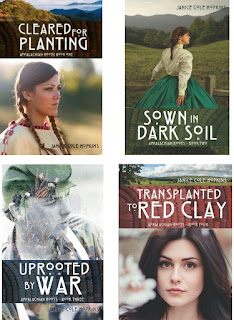How to Be Content
Not that I speak in respect of want: for I have learned, in whatsoever state I am, therewith to be content. I know how to be abased, and I know how to abound: every where and in all things I am instructed to be full and to be hungry, both to abound and to suffer need. I can do all things through Christ which strengthened me (Philippians 4:11-13).
Paul said he'd learned to be content in all situations, whether he had a lot or little and regardless of the problems that came his way. This is amazing when one thinks of all the rough traveling Paul did and all the adversity he faced. How did he manage to stay content through it all? I can see three major truths that enabled him to find contentment no matter what happened.
And when he [Jesus] had sent the multitudes away, he went up into a mountain apart to pray: and when the evening was come, he was there alone (Matthew 14:23).
First of all, Paul had a vibrant prayer life. It's what keeps our relationship with God alive. Prayer makes God real to us on a daily basis. Jesus sought out times and places to be alone to pray. When He could, he often went to a mountainside to commune with God. If Christ saw prayer as essential, how much more should we?
For I know the thoughts that I think toward you, saith the Lord, thoughts of peace, and not of evil, to give you an expected end (Jeremiah 29:11).
If ye then, being evil, know how to give good gifts unto your children, how much more shall your Father which is in heaven give good things to them that ask him? (Matthew 7:11).
Secondly, Paul had complete trust in the Lord. God loves us much more than we can ever imagine and wants only the best for us. In addition, He knows what's best when we don't. He knows all and can see the future, therefore it only makes logical sense to trust Him implicitly. When we do so, it takes away the fear and anxiety that can steal peace and contentment. And on top of all this, we know where we'll eventually end up - with Him for eternity.
Lay not up for yourselves treasures upon earth where moth and rust doth corrupt, and where thieves break in and steal: But lay up for yourselves treasures in heaven.... (Matthew 6:19-20a).
If ye then be risen with Christ, seek those things which are above, where Christ sitteth on the right hand of God. Set your affection on the things above, not on things on earth (Colossians 3:1-2).
And lastly, Paul's focus was on Christ and not on worldly or material things. The older I get the more I see how temporary and fleeting this earthly life is. And material things mean less and less with some even becoming a burden since I'm their caretaker. Christ and what we do with Him and for Him are the only things that will last. In the end, He is so much more important than anything else in our lives. Paul understood this, and he lived his life accordingly. What about you? These three things bound together wrap us in a peace and contentment that's beyond description.
_____________________________








































